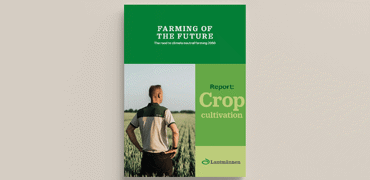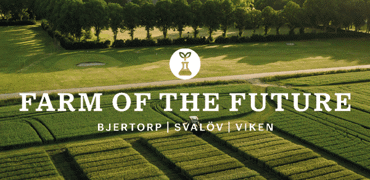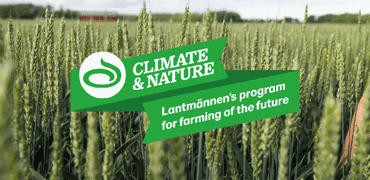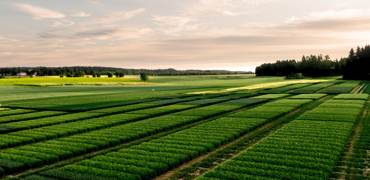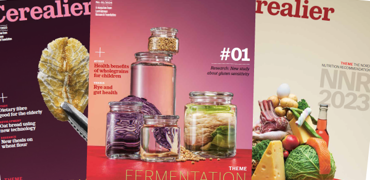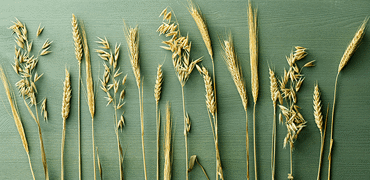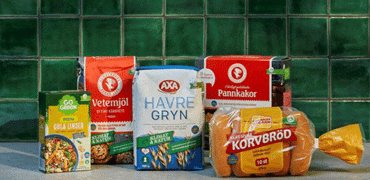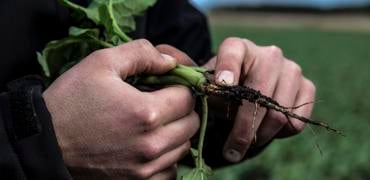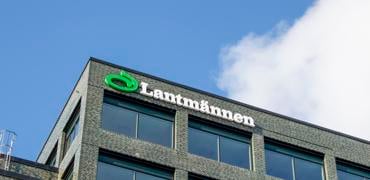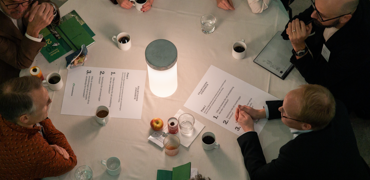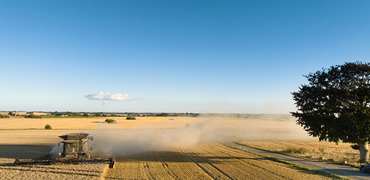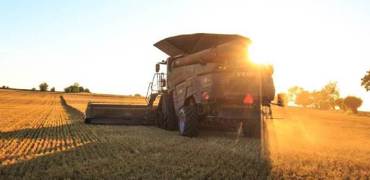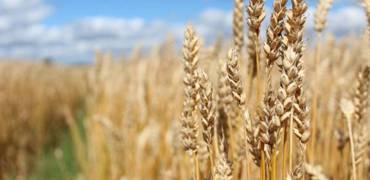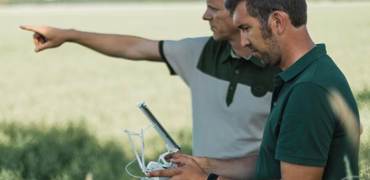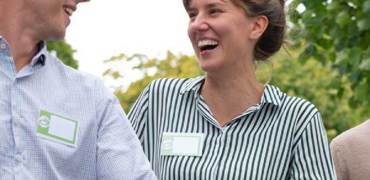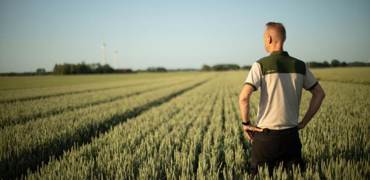Research and innovation for robust food systems
If we are to bring about robust systems, greater cooperation is needed, as is seeing the big picture across the entire value chain, where research and innovation are key issues.
My colleague Karolina Valdemarson recently wrote about robust food systems. One key issue, where I would like to add a few words about the need for cooperation with regard to research and innovation.
Robust food systems are based on a holistic view of the entire chain from farm to consumer, in order to achieve a sustainable food chain. This is important for several reasons, such as:
- Climate change, which is imposing ever higher demands on resilience and adaptability in our sector. Good types of crops will be required if we are to be able to continue producing under different climate conditions in the future. The threat to biodiversity is another issue that will become increasingly urgent to address.
- Driving development towards increased sustainability in farming but if this is to be achieved on commercial terms and conditions, farmers must get a reasonable return on their food production endeavours. This will then ensure robust, good, sustainable and enduring production, which can enable investments in sustainability.
- The degree of self-sufficiency such that the people of Sweden have access to food. We need to increase this level of self-sufficiency and a robust system would be better able to do this. This is an issue that has been in the shadows for a long time, but which the Food Strategy is raising and one that naturally is even more relevant during the current pandemic. The extreme drought in 2018 also emphasises this need.
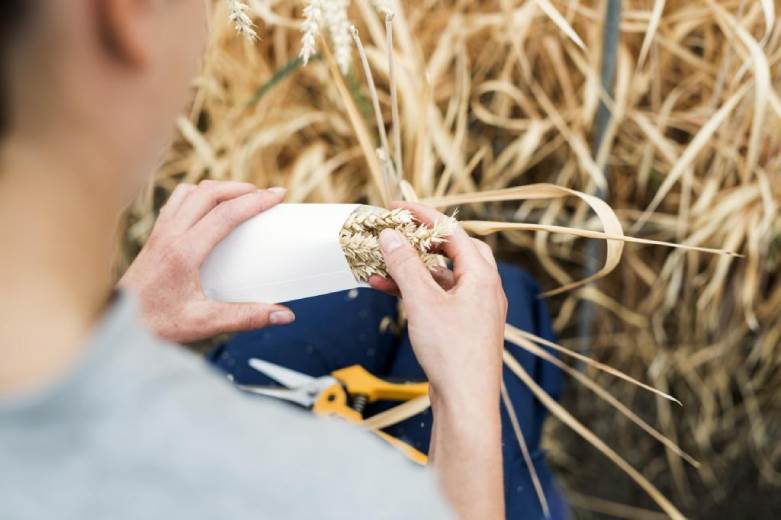
If we are to bring about robust systems, greater cooperation is needed, as is seeing the big picture across the entire value chain, where research and innovation are key issues. Here, important work is being done right now within the Sweden Food Arena, a national arena where companies within the food chain are cooperating in research and innovation to promote an innovative, sustainable and competitive food sector. In 2017, the Swedish Parliament adopted a food strategy with the vision of the Swedish food chain being globally competitive, innovative, sustainable and attractive to work in by the year 2030. The Sweden Food Arena report on the research and innovation agenda of the Swedish food sector to achieve this food strategy vision has just been published. Lantmännen has played an active role in developing this agenda.
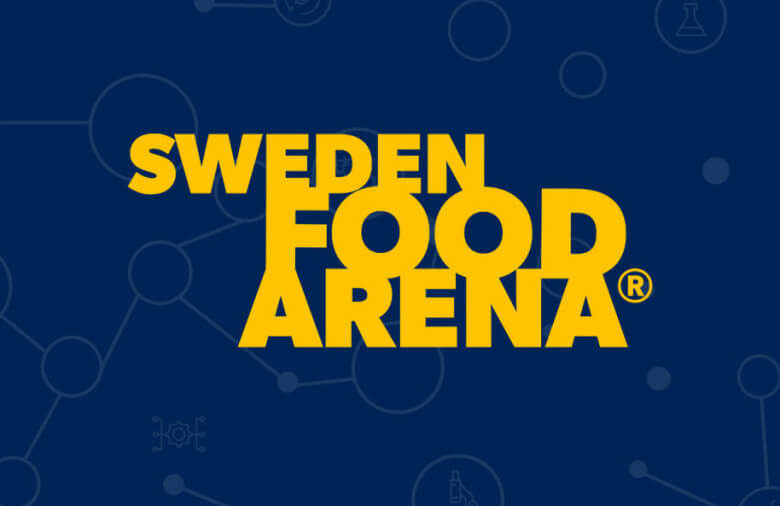
Working closely with various universities and colleges is naturally a key part of this, and we ought to develop similar partnerships with the enterprise sector. Research and development is based on shared knowledge. Two heads are better than one, as the saying goes, many hands make light work. Our existing research partnerships provide good examples and inspiration. Here, I would like to mention SLU Grogrund where industry stakeholders and the research sector are working hand in hand, and where I represent Lantmännen on the steering group. The aim of this enterprise is to develop knowledge and new methods that contribute to the refinement of food crops to increase the innovation potential, food supply and our competitiveness in accordance with the goals of the government food strategy.
The ThermoSeed innovation is a good example of how Lantmännen research partnerships are making concrete contributions to environment-related sustainability in agriculture and robust food systems, both in Sweden and internationally. ThermoSeed that was developed in partnership with SLU, is a unique biological method developed inhouse that heat treats seed to make it disease resistant, instead of using chemicals.
We at Lantmännen also have our own research based and innovative development projects. Our Lantmännen “Special Crops Project” trials new crops in Swedish conditions. We have tested around 20 crops to date, including soy and other types of beans, different kinds of lentils, plus nutrition rich seeds such as amaranth and quinoa. Some crops do less well, while we have shown that plenty of other crops can be cultivated in our climate.
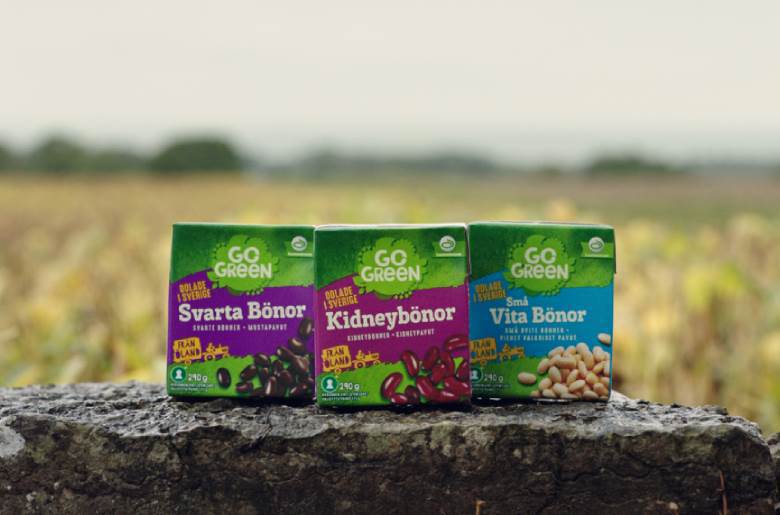
We are scaling up lentils and have now sown around 45 hectares, which can yield 80-100 tonnes of lentils this year. To harvest this new crop, we have entered into a partnership. As we at Lantmännen currently lack the processing technology for lentils, we have signed an agreement with Kalmar Ölands Trädgårdprodukter who will process and pack the lentils, before delivering them to Lantmännen Cerealia. We are already producing Swedish grown beans on a large scale, based on trials within the Special Crops Project for our Go Green label. Swedish durum wheat grown on Gotland is another example.
We at Lantmännen are going to continue developing the Farming of the Future and in my view, strong partnerships within research will be vital in reaching our ultimate target.
Robust food systems are based on a holistic view of the entire chain from farm to consumer, in order to achieve a sustainable food chain.






